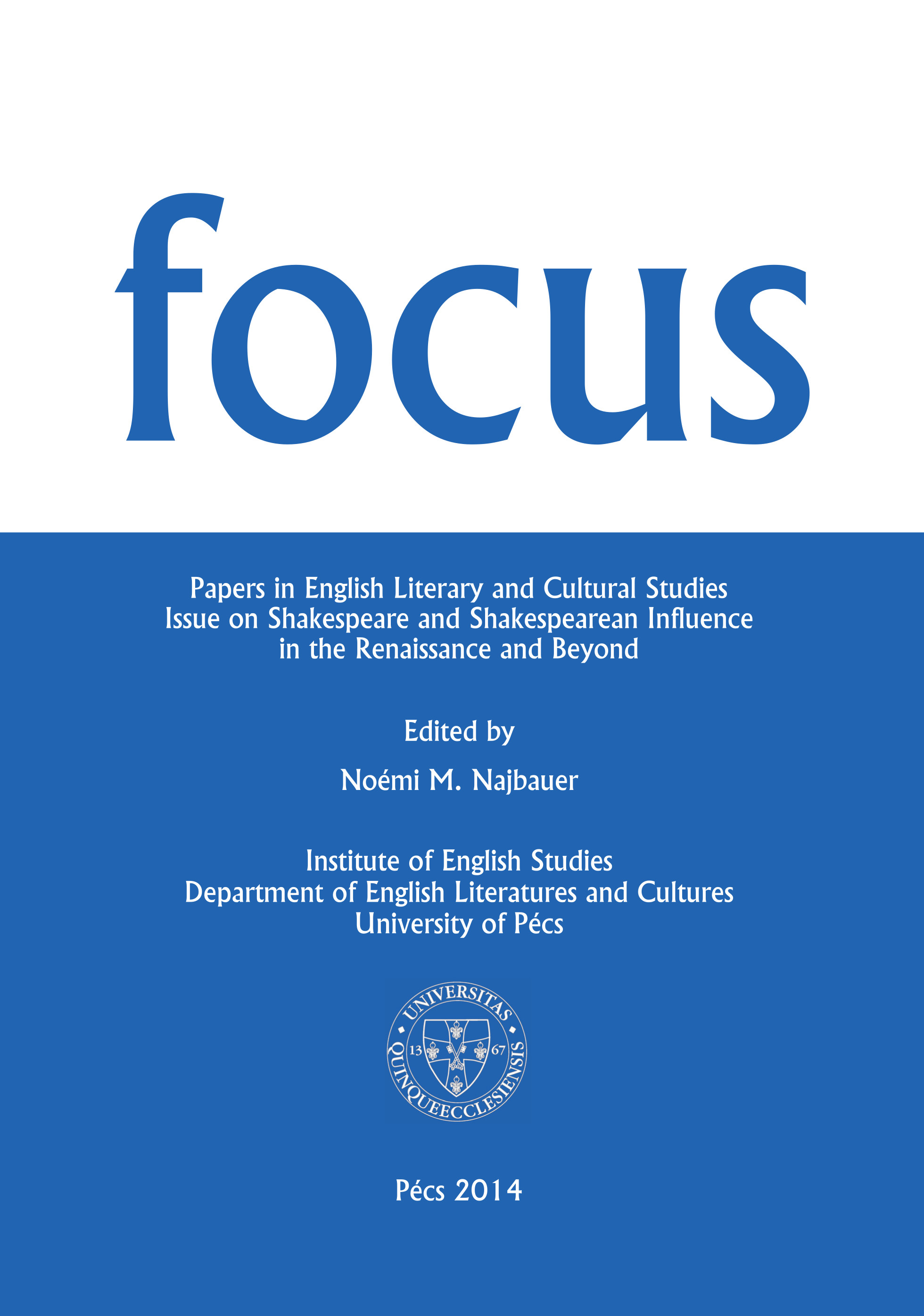Gábor Ittzés and Miklós Péti, eds. Milton Through the Centuries. Budapest: Károli Gáspár U of the Reformed Church in Hungary and L’Harmattan, 2012. 337 pages.
Keywords:
John Milton, book review, Hungarian Milton scholarshipAbstract
The eponymous collection of the conference proceedings appeared in 2012. Its editors, both contributors themselves, view the volume as “represent[ing] a rough cross-section of the diversity of approaches at the … conference” (ix) with an admitted focus on Milton’s poetic oeuvre and its reception over the centuries. The title of the volume serves also as its organizing principle, as the papers are divided into two categories under the headings of “Milton” and “Through the Centuries” respectively. It is here that my single contention lies. Namely, the two somewhat vaguely titled units could have been further subdivided to better show the connections between the papers and highlight the most prevalent scholarly trends.
Downloads
Published
How to Cite
Issue
Section
License

This work is licensed under a Creative Commons Attribution-NonCommercial-NoDerivatives 4.0 International License.
FOCUS: Papers in English Literary and Cultural Studies follows the principles laid down by Creative Commons, which provides guarantees for the Author’s copyright while also ensuring that intellectual properties are made available for the wider public in a digital form. All papers submitted to the journal apply the following licence conditions (indicated on the journal’s website as well as in individual publications):
“© This work is licensed under a Creative Commons Attribution-NonCommercial-NoDerivatives 4.0 International License.”
You are free to:
- Share, copy and redistribute the material included in the journal in any medium or format under the following terms:
- Attribution — You must give appropriate credit to the Author, and indicate the original place of publication [FOCUS: Papers in English Literary and Cultural Studies, Issue nr., page numbers.].
- NonCommercial — You may not use the material for commercial purposes.
- NoDerivatives — You are not allowed to remix, transform, or build upon the material.
- The above conditions must always be indicated if the journal material is distributed in any form.
- The above conditions must always be met, unless a written permission signed by the Author and the Editor-in-Chief states otherwise.

